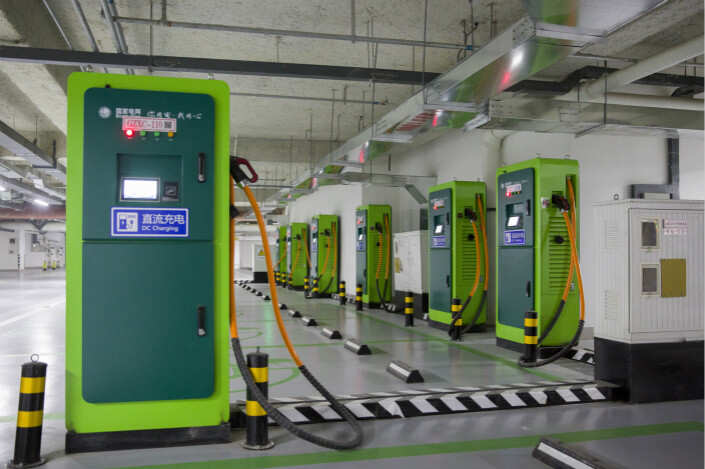
New Delhi: The robust electric vehicle industry of China, which dispatched close to 1.2 million units last month, is now a home to over 1 million charging posts, according to latest data of the Electric Vehicle Charging Infrastructure Promotion Alliance.
This marks a year-on-year growth of 69.3 percent, the alliance said.
By the end of June public charging posts in China totaled 412,000, while the number of private charging posts stood at 591,000.
The report from alliance further added that among public charging posts, 236,000 are alternate-current (AC) charging piles, 175,000 are direct-current fast charging piles, and about 500 use both of the charging technologies.
Region-wise, the top 10 provinces or municipalities with the highest numbers of public charging facilities – Beijing, Shanghai, Tianjin, and Jiangsu, Guangdong, Shandong, Zhejiang, Hebei, Anhui and Hubei provinces – have 75.3 per cent of all public charging posts.
According to Xinhua, China’s auto sales remained sluggish in the first half of the year after a weak performance in 2018, witnessing a 12.4-percent drop year on year. However, the new energy vehicle sector continued to report robust growth during the first half, with sales rising 49.6 percent.
The country is working aggressively in the direction of setting a strong network of charging stations to support the increasing demand of electric vehicles.
Another report by Automotive News highlighted that on July 11th, JAC Motors, Volkswagen, China FAW Group, and Star Charge have jointly established Kaimais New Energy Technology Co., Ltd. (CAMS) to help China’s charging infrastructure industry enter the ‘Intelligence Era’.
“The ‘Four Strong Alliance’ Kaimais (CAMS) officially entered the charging industry to accelerate the electrification and large-scale development, and to provide high-quality intelligent charging services for new energy vehicle customers, as well as to promote the construction of charging infrastructure for China’s interconnection,” the report added.